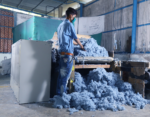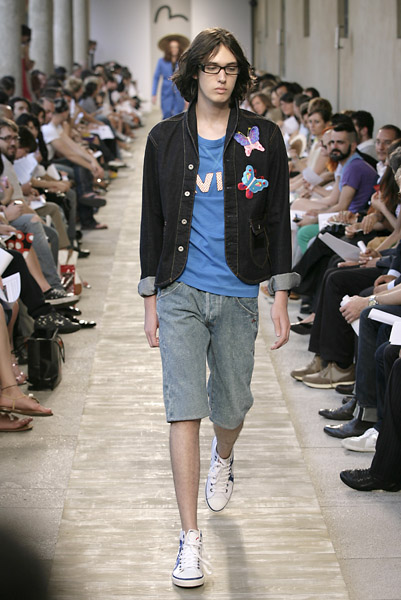
What is Fair Trade ?
To define simply, Fair Trade looks for poverty alleviation and works through three main actors:
- producers located in poor countries.
- organizations that trade, support and usually certify the products and..
- the customers who recognize those products and buy them.
Fair Trade organizations seek to establish a long term relationship with producers. This helps eliminate the uncertainty they usually suffer, either due to lack of access to market information, to erratic prices or to plain abuses from prey middlemen. In this collaborative frame, trading NGOs also provide upfront payment or financing for harvest costs and technical advice for organic farming, for example. Apart from that, Fair traders help their providers when disaster strikes.
How Can A Product Be Certified As Fair Trade ?
It takes several criteria to certify a product as a Fairtrade one; they include specific quality standards and general requirements like child labor control, gender equity, democratic organization and respect for Nature. This, in turn, renders nice environmental benefits for mother Earth. Once a supporting NGO has checked that criteria are in place, they back the product; some of those products may be marked with a label . Producers start receiving a higher price for their goods… and also a Premium: an extra amount of money intended for community development purposes.
This way, producers get a wage which is enough for a decent living, community development becomes possible and consumers can rest assured (by the certifiers) that they are buying a product with no exploitation trail behind.
Cotton is only one of the products to be certified as Fair Trade product. There are a number of "Fair Trade certified label" logos out there, granted by a similar number of organizations. Certifying organizations are the trust builders of this whole system, as in many cases it is those labels which differentiate an ordinary product from a Fair Trade one. Fair trade logo’s are issued by a number of organizations for a number of products. Some of these are :



For more details on other fair trade organizations visit Fair Trade Hub
Now Coming To Fair Trade Cotton ; What , How And Where ?
FLO releases a standard for seed cotton which gives the minimum requirements for that cotton seed . This has benefited farmers to grow better crops under security and now farmers in various countries are receiving higher than in the conventional market. Like other Fair Trade certification criteria, that for cotton encourages certified producers to diversify their crops, both for their food security
So basically, Fair trade cotton is a cotton which is upto at least certain standard, which is not made by exploitative means and provides value to the producers by way of security and higher prices and to consumers by way of assurance that the product does not have exploitative trail.
Now coming back to our main story – Topshop has recently announced that it is using Fair Trade Cotton for its mainline Moto Denim Collection .The capsule collection introduces new shapes including the ultimate mini hot pant in bleached out and dark denims. This will encourage other denim retailers to get into Fair Trade cotton for denim products and enable better realizations for the producers and themselves.
Topshop is not alone in the Fair Trade game. Sainsbury’s has announced that it will source all of its Fairtrade cotton from a cooperative supplier in Gujarat, India. With over 890 stores, Sainsbury is the world’s largest retailer of Fair Trade products – though most are food products.
Ninad Gupte, from the Project Executive Body Agrocel in India said: "Sainsbury’s is the largest consumer of Fairtrade cotton from our projects in Gujarat. Cotton prices are very unstable so guaranteeing our farmers a minimum price and pre-financing the Fairtrade social premium, offers security that has not been possible in the past. Through this initiative, our farmers cooperative body has been able to improve conditions by investing in projects like providing clean drinking water and health check ups."
Liz Jarman, Sainsbury’s Head of Fairtrade said:
"Clothing is a major feature of Sainsbury’s Fairtrade offer and we are proud to be supporting cotton farmers in a way which has not been seen before. Sainsbury’s sell an average of 250 Fairtrade t-shirts per hour, which means a total Fairtrade premium of $250,000 per year to benefit cotton farmers in Gujarat."
This initiative will benefit over 1200 farmers in Gujarat , India.
It also needs to be mentioned that the Fair Trade fortnight will take place from Feb 28 to 13th March and Asos, Topshop and Marks & Spencer besides others will take part in the same. The initiative, which will be running from 28th February to 13th March, is called ‘Show off your label’ and will include a customer participation page on Facebook.



